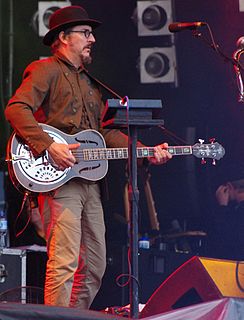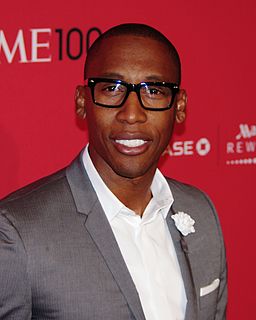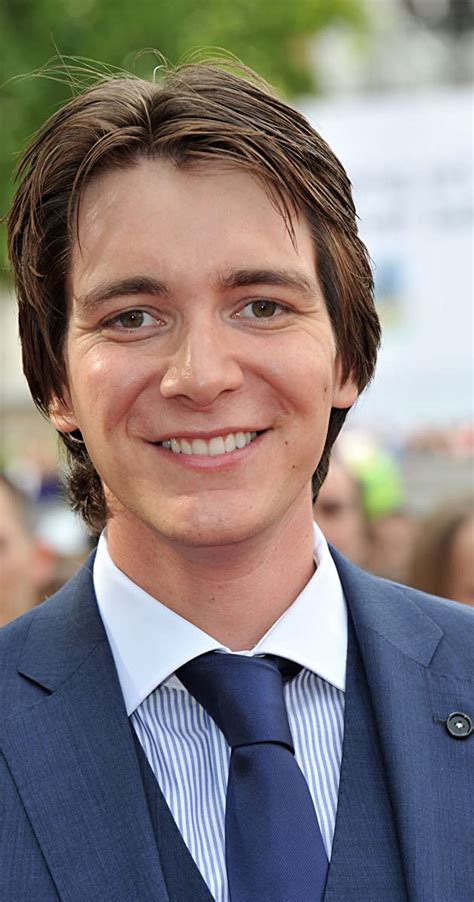A Quote by Mark Ruffalo
Some of my favorite scenes aren't in the movie. Because you, at some point, realize that your responsibility as director is purely to the story. It's not to your pleasure.
Related Quotes
It's like you might have some great scene that you love but for some reason - and you can't necessarily put your finger on it - the movie's not working or it seems slow or ponderous in some way, and even though it has your favorite scene in there, actually the favorite scene is the culprit. That's the painful thing about editing, is trying to locate those things that are holding the movie back and then having the guts to cut them. And it is painful to do it.
My writing's like a journey. I'll know some of the stops ahead of time, and I'll make some of those stops and some of them I won't. Some will be a moot point by the time I get there. You know every script will have four to six basic scenes that you're going to do. It's all the scenes where your characters really come from.
When you do your collection, you are much more free. You have fewer boundaries. When you work on a movie, you have to take into consideration the story, the plot, the vision of the director, even the physique of your cast. And then on top of all this, you want your imagination, your taste, and your ideas to come through. But a movie is forever.
There are some scenes that you have to lose in order to win something at the end. A good director will keep pointing you that way, but it is also your job as an actor to understand that there are scenes that you do, particularly when you are the lead, where other people get to come in and steal and you have to let them. I understand that but a good director always reminds you where those moments are.
You always know when one of the first ["Harry Potter" movies] are on TV, because you'll get a text message from one of your friends saying, "How high was your voice?" It's like watching a home movie, in some sense. But you just remember because the audience sees the scenes as they're written, but we remember shooting [the scenes] and all the stories that came around it. Like the Quidditch World Cup in ["Harry Potter and the] Goblet of Fire," it's like the Glastonbury Festival at Leavesden [Studios].
Somebody comes to your house. You know they're coming, so it's not a surprise. And they give you an envelope that has your scenes in it. And they sit in the car outside for a half an hour while you read your scenes, then they ring your doorbell and you give your scenes back. Then you shoot the movie a few weeks later or something. The next time you see your scenes is the night before you start shooting. I never read the script [Blue Jasmine], so I didn't really know what it was about.
At some point, you realize you can't provide a perfectly monolithic description of a foreign culture's future any more than you can provide a monolithic description of your own hometown's future. Your choices about what to emphasize and what to leave out make all the difference, and ultimately, your fingerprints and biases and viewpoints are going to be all over the story.




































